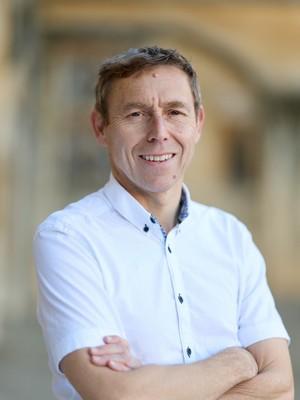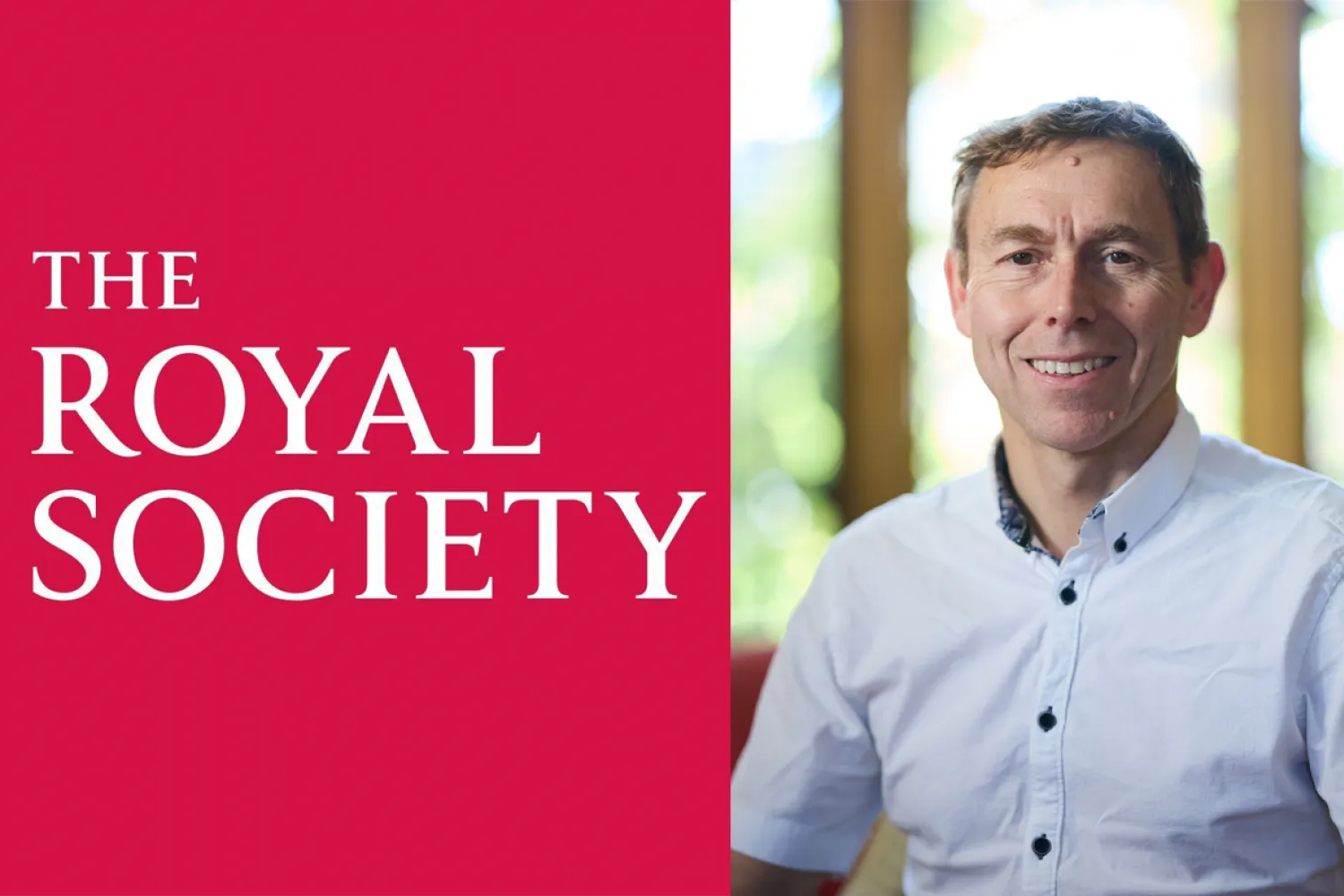Breadcrumb
Stephen Smartt receives Royal Society Research Professorship
Christ Church astrophysicist Professor Stephen Smartt has been revealed as one of the two 'world-class scientists' to be awarded a prestigious Royal Society Research Professorship this year.
The professorship, which the Royal Society describes as its 'premier research award', serves to 'provide long-term support for internationally recognised scientists of exceptional accomplishments, helping release them from competing duties, such as teaching and administration, allowing them to focus on ambitious and original research of the highest quality.'

Professor Smartt has been recognised for his groundbreaking research into kilonova explosions and their causes. A kilonova is so called due to its intensity, which is approximately 1,000 times that of a typical nova. Kilonovae are exceptionally rare, being produced when a neutron star merges with a black hole or with another neutron star. In recent months Professor Smartt has played a key role in pinpointing the neutron star merger responsible for a kilonova and in confirming that the merger formed a rare, heavy element, and he has discovered a never-before-seen space event that took place 4.4 billion light-years away.
The Research Professorship will provide me with the time to react quickly to the Universe’s most energetic events.
The Research Professorship will provide me with the time to react quickly to the Universe’s most energetic events.
Professor Smartt Conducts much of his research from the Department of Physics' Denys Wilkinson Building, where he has built a control room for his team to study images and data streaming in from all over the world from ground-based telescopes that constantly survey the sky. Working in collaboration with the University of Hawaii and NASA, he and his team team process data from optical surveys and find everything that moves or changes on an hourly basis.
This field is about to revolutionised with the construction of the Vera C. Rubin Observatory in Chile – the largest sky-scanning telescope ever built. Professor Smartt is one of the UK leaders of this international project and he will combine the optical images with readings of gamma rays, x-rays and ultra-violet radiation from space, and gravitational wave signals that ripple space.
Having received news of his appointment, Professor Smartt said: 'I'm delighted and honoured to be awarded a Royal Society Research Professorship. It will provide me with the time and resources to work within a number of international science teams. We aim to bring together signals from high-energy events from the next generation of survey facilities on the ground and in space.'
'As we constantly survey the sky on a daily basis, it’s essential we react quickly to new phenomena. My role is to coordinate international teams and multiple telescopes on the ground in Chile, South Africa, Hawaii and the Canaries. Finally, we’ll use the James Webb Space Telescope when we locate the sources of gravitational waves from the ground. I enjoy working within, and coordinating, international science teams, full of talent and ideas. The Research Professorship will provide me with the time to react quickly to the Universe’s most energetic events.'
Professor Stephen Smartt CBE FRS MRIA is Wetton Professor of Astrophysics at the University of Oxford. Learn more about him and his research on his Christ Church profile.
Other Christ Church news



